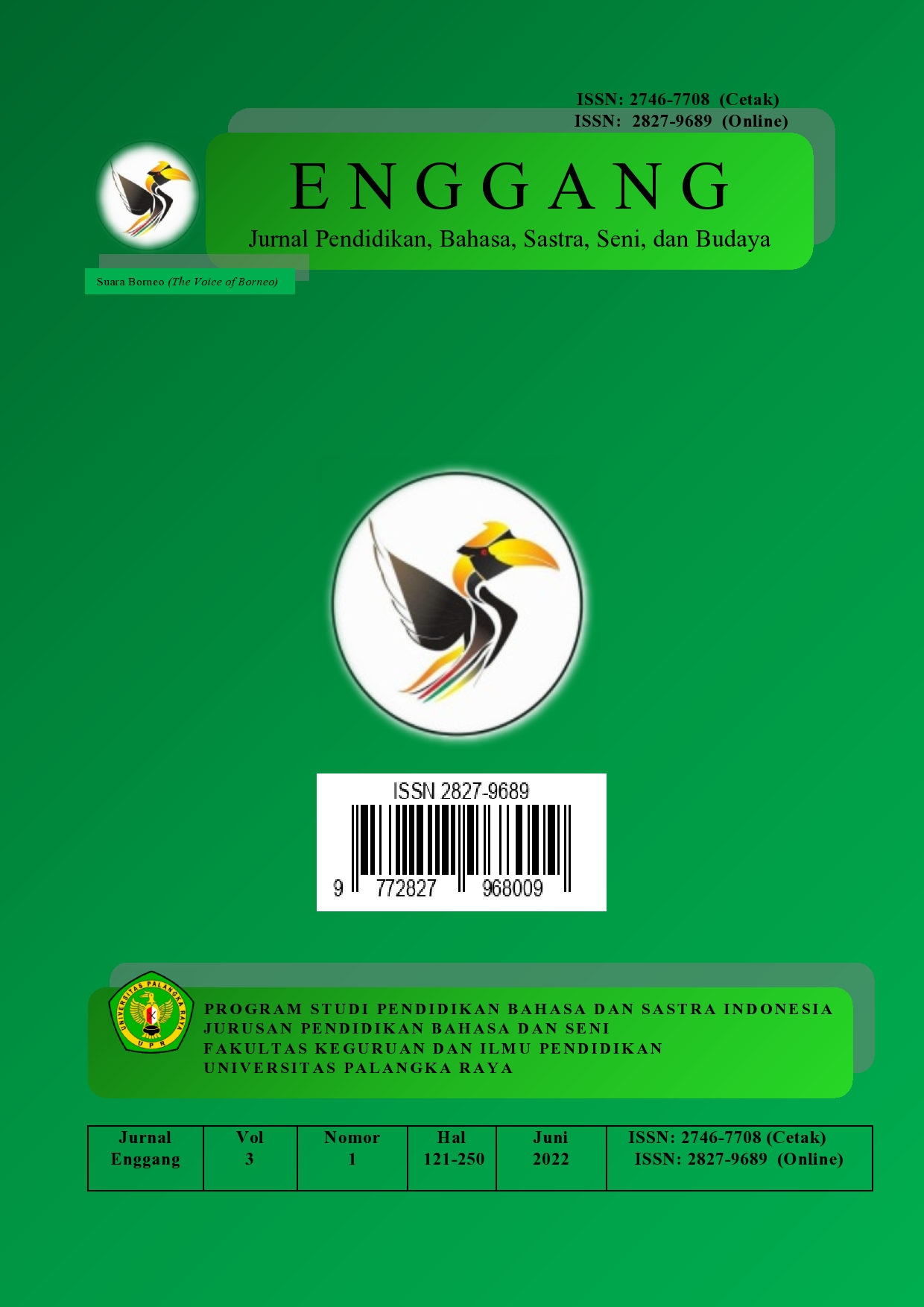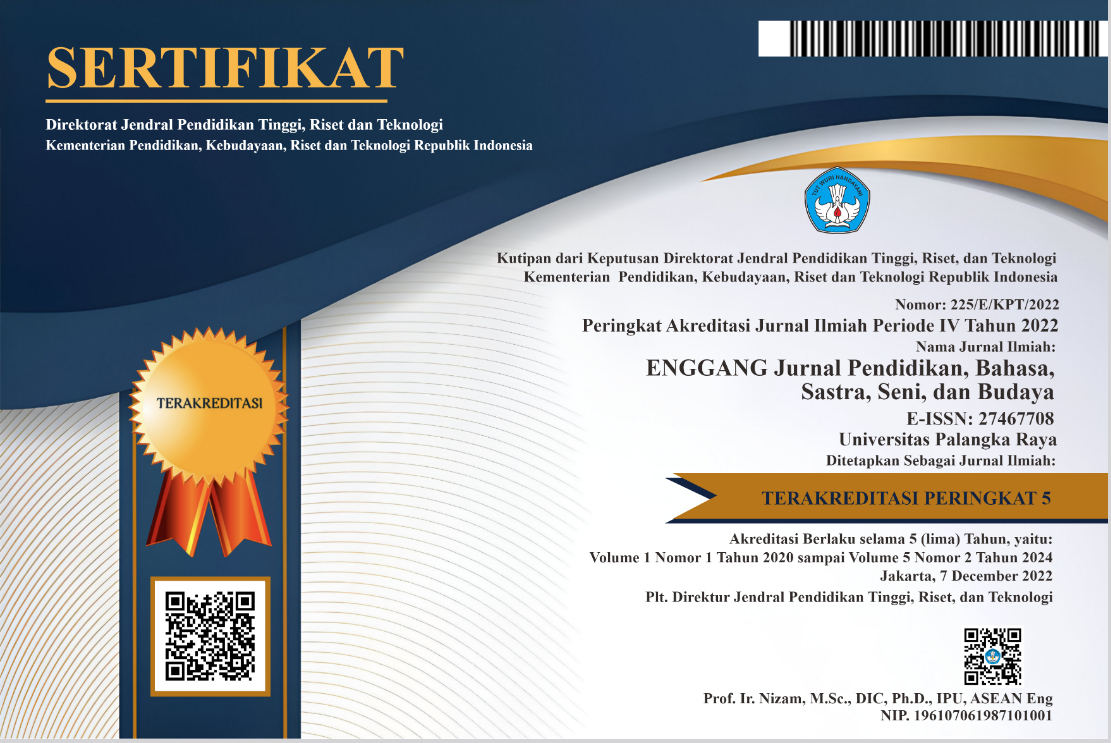Pengelolaan Program Unit Pelatihan Keliling (Mobile Training Unit) Dalam Meningkatkan Keberdayaan Masyarakat di Pusat Pelatihan Kerja Daerah Jakarta Barat
DOI:
https://doi.org/10.37304/enggang.v3i2.9056Keywords:
Mobile Training Unit (MTU), Empowerment ResultsAbstract
Mobile Training Units are training facilities that use mobile vehicles to visit places located in remote areas with the hope of being able to improve the competence of the workforce in various specific fields. This study aims to determine (1) the Management of the Mobile Training Unit (2) the results of community empowerment (3) the supporting and inhibiting factors of the MTU program. The method used by the authors in this research is descriptive with a qualitative approach, where data is obtained from observations, interviews and documentation. The data source for this research consisted of 12 people, namely 1 training coordinator, 2 training instructors and 9 training participants. The results of this study indicate that (1) the management of the mobile training unit (MTU) program at PPKD West Jakarta has been going well from the planning, organizing, implementing, monitoring stages. (2) Empowerment results, namely participants can produce food products and can apply their cooking knowledge to open a business. (3) the supporting factors in the MTU program are the motivation of the training participants and fairly complete infrastructure. The inhibiting factors are the characteristics of the training participants and the training venues.
Downloads
References
A.M., Sardiman. 2001. Interaksi Dan Motivasi Belajar Mengajar. Jakarta: Raja Grafindo Persada
Darmawan, D. (2017). Penerapan Model Pelatihan on the Job Training (Magang) Dalam Pelatihan Otomotif Yang Di Selenggarakan Oleh Balai Pelayanan Pendidikan Nonformal Provinsi Banten. Jurnal Eksistensi Pendidikan Luar Sekolah (E-Plus), 2(2), 151–155. https://doi.org/10.30870/e-plus.v2i2.2957
Dick, W and L. Carey, J. O. Carey. 2005. The systematic Design of Instruction. New York: Logman
Fahmi, I. (2016). Pengantar Manajemen Sumber Daya Manusia Konsep & Kinerja (Pertama). Jakarta: Mitra Wacana Media
Haryati, Mimin. (2007). Model dan Teknik Penilaian Pada Tingkat Satuan Pendidikan, Jakarta: Gaung Persada Press
jalil, abdul, M, fahri, & kasnelly, sri. (2020). Meningkatnya Angka Pengangguran Di Tengah Pandemi (Covid-19). 2(pengangguran akibat covid 19), 45–60.
Purbantara, A., & Mujianto. (2019). Integrated Orientation Training Community Empowerment Module. 2–7.
Sudjana. (2007). Sistem dan Manajemen Pelatihan Teori dan Aplikasi. Falah Production.
Sugiyono. (2005). Memahami Penelitian Kualitatif. CV.Alfabeta.
Sukarna. (2011). Dasar-dasar Manajemen. Mandar Maju.
Swaramarinda, D. R. (2014). Analisis Dampak Pengangguran Terhadap Kemiskinan Di Dki Jakarta. Jurnal Pendidikan Ekonomi Dan Bisnis (JPEB), 2(2), 63. https://doi.org/10.21009/jpeb.002.2.5
Undang-Undang Dasar 1945 pasal 27 ayat 2 tentang pekerjaan dan penghidupan yang layak.
Win, A., Hasil, T., Menurut, B., & Merril, D. A. N. (2012). Domain Kognitif.













